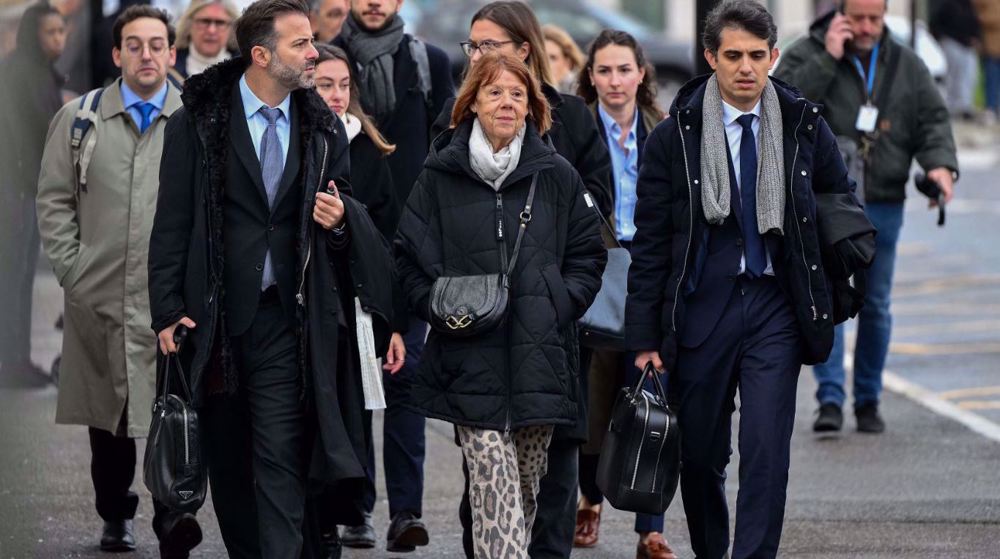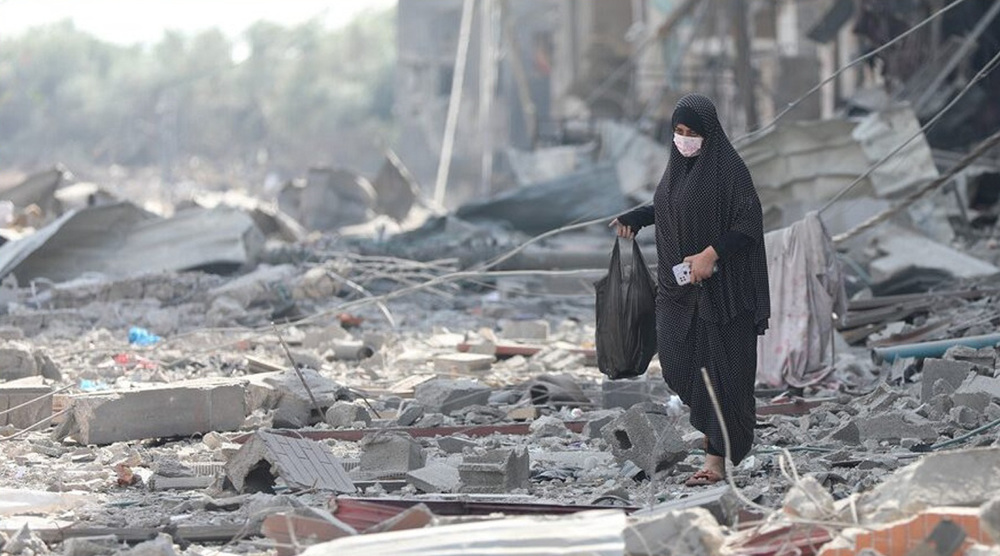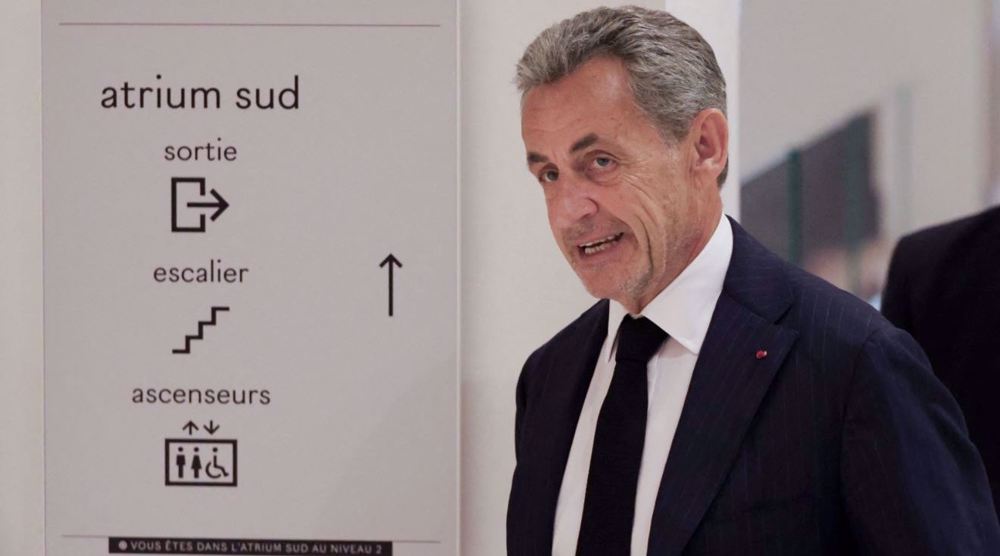Rape trials spark demos, shed light on France’s ‘sexist and misogynistic’ culture
France has witnessed mass protests against the “sexist and misogynistic” culture prevalent in the country after a series of rape trials.
Western media covering the protests said the nationwide rallies came after the exposure of numerous sexual abuse allegations inspired by the #MeToo movement.
One protester, on Saturday, at a demonstration in Paris pinned the blame for sexual abuse on patriarchal culture.
Another protester blamed the film industry, pornography producers, and publishers, in particular, for sex-related violence.
“It’s a sexist and misogynistic country but we are starting to speak out,” said Miranda, with no last name.
“Stopping the violence against women is a fight we need to make every day,” another protester added. "My body, my choice, my right," read one of the banners brandished at the rally.
Similar protests were staged in other French cities including Marseilles and Nantes, where protesters held demonstrations calling for an end to sexual violence against women.
The protests came after Western media covered several high-profile sex scandals in France.
One trial involved a once-beloved French clergyman, who fought for the rights of the homeless. Another trial took place for a father and his teen daughter.
Most controversial was the trial of 72-year-old Gisele Pelicot, the alleged victim of a mass rape.
Dominique Pelicot, the victim’s 71-year-old husband, who is on trial in Avignon, says he drugged his wife and invited dozens of strangers to their home in Mazan, a small town in southern France, to rape his wife as he filmed them.
Over a nine-year period, he and 50 other men who he found online using the Internet, had allegedly raped his wife.
The men on trial have mostly denied the charges lodged against them. The victim, however, has also accused the men who allegedly raped her of “cowardice”!
Marital rape has recently been recognized as a crime in France.
The recognition came after the #MeToo movement increased awareness about sexual abuse, sexual harassment, and rape culture, in which women openly publicize their experiences of sexual abuse or sexual harassment.
The movement emerged on social media in the wake of revelations of sexual violence against women by men controlling the film industry.
Press TV’s website can also be accessed at the following alternate addresses:








 This makes it easy to access the Press TV website
This makes it easy to access the Press TV website